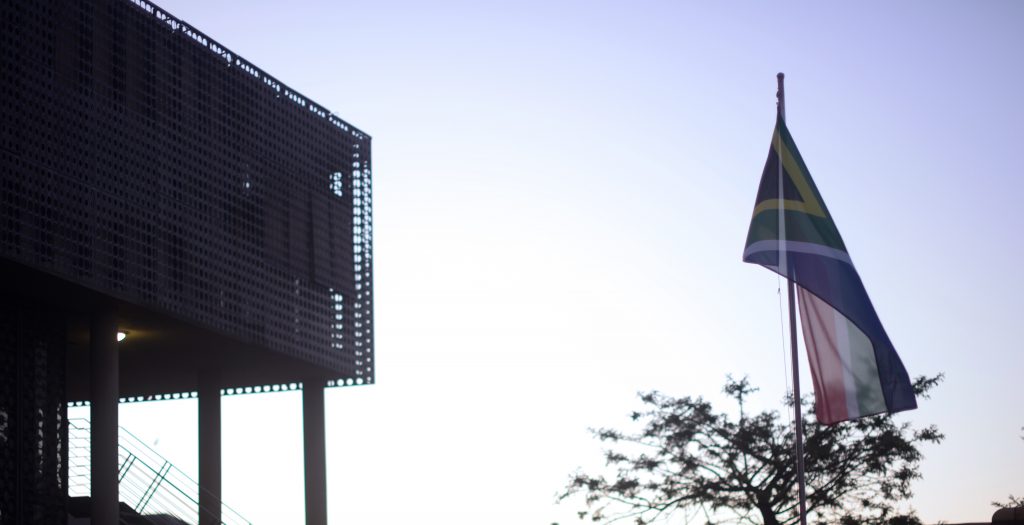Amnesty International South Africa is calling on President Cyril Ramaphosa to use the estimated R700 million cost of the National Dialogue to ensure that all those who live in South Africa have access to their basic human rights which includes economic, social, and cultural rights and the rights to life and security.
“While we recognise the importance of building social cohesion and nation-building, as well as starting a consultative process for the next National Development Plan, we urge the government to ensure the budget allocated to the National Dialogue does not come at the expense of addressing the country’s most pressing challenges,” said Shenilla Mohamed, Amnesty International South Africa’s Executive Director.
“Most of the country’s population live in dire conditions and do not have access to basic essential services such as water and sanitation. Repeatedly we hear people complaining of raw sewerage flowing through townships, inadequate housing, poor medical services, lack of quality education, high rates of gender-based violence, crime, and the list goes on. To address these violations and ensure the fulfilment of basic human rights, we need more government action and increased investment.”
Amnesty International South Africa has consistently raised a number of concerns and recommendations that require urgent attention and investment. For instance, despite a progressive legal landscape, rates of sexual and gender-based violence remain staggeringly high, with the number of reported offences in 2023/2024 sitting at 53,285. We continue to see failures by the South African Police Service in ensuring quality investigations.
The same can be said for the situation of human rights defenders and whistleblowers who have been killed with impunity. Yet these are the brave individuals who expose acts of criminality and abuse by government, corporations and people in power. While South Africa is in the process of strengthening whistleblower legislation, there is no legislation for the protection of human rights defenders. A human rights defender is anyone who, individually or in association with others, acts to defend and/or promote human rights at a local, national, regional or international level.
When it comes to basic services, over 3 million people do not have access to basic water supply service in South Africa and 5.3 million households do not have access to safe and reliable drinking water. Decades of corruption and the mismanagement of public funds has weakened the government’s ability to safeguard the country’s water security, especially in the face of climate change and extreme weather events. Climate change is another threat to a wide range of human rights and will continue to impact on the rights to life, health, housing, water, and sanitation. Without proper investment in climate resilient infrastructure, we will continue to see destruction and loss of life during floods and other extreme weather events.
“There are a number of ways to spend R700 million. We urge the South African government to invest it in the protection and fulfilment of people’s human rights”.
Background
In June 2025, President Cyril Ramaphosa formally announced processes for a National Dialogue to take place. The dialogue is envisioned to be a space for people to reflect on the state of the country and imagine the future, and to lay the groundwork for the next National Development Plan. The process will unfold in phases, including local consultations and sectoral engagements, to provincial and national gatherings, over the period of a year and commencing on 15 August this year.
For more information or to request an interview, please contact:
Alicia Jooste, Senior Programme Officer, Amnesty International South Africa on +27 (0)64 890 9224 or alicia.jooste@amnesty.org.za


